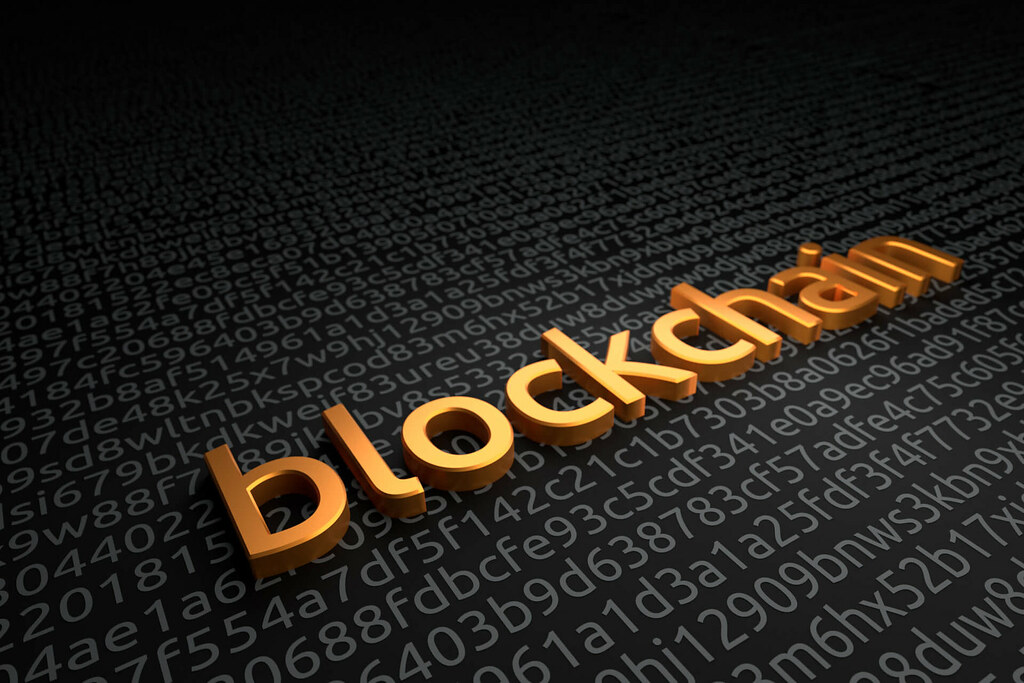Many people today tend to like to teach themselves new skills and hobbies. Indeed, in an age of “side gigs,” post-graduate education, and digital classes, there are actually both new incentives and new methods for learning well into adulthood.
This results in all sorts of specific learning efforts. People use apps to teach themselves new languages; they enroll in university courses on the internet from far and wide; and as we noted in the piece ‘Apps to Make Your Brain Stronger’ people also tend to engage in more general mental sharpness training. The list goes on and on, with a world of knowledge now available digitally to those who wish to tap into it. And naturally, that world of knowledge includes an ever-expanding array of technological topics.
To that point, we wanted to identify four skills you can learn on your own that will help you to understand the whole world of modern technology on a deeper level. They aren’t all easy to pick up, but they’re all skills that are more accessible now than ever before.
Web Design
The actual tech behind web design has become all but obsolete, in that you no longer need to understand coding languages in order to put together a professional-caliber website. There are several site building platforms that facilitate all aspects of web design for people who can’t write a single line of code. Nevertheless, learning how to code can still make you more tech-savvy, and can give you a better understanding of the internet you navigate on a day-to-day basis.
Life Hacker’s look at ways to teach yourself code has a nice breakdown of the basics, from choosing a specific coding language to focus on, to finding an online course, a book, or even a tutorial game to start with. In the end though, there are plenty of tools out there for those who want to learn computer code, and by extension proper web design. The key is simply deciding to make the effort.
PCB Design
The average person has probably never given much thought to the printed circuit boards, or PCBs, that dictate the performance of our electronic devices. PCBs can be immensely complex, but at their core they effectively facilitate call and response within electrical systems — say, the process between clicking a key on your keyboard and seeing the letter appear on a screen, for instance. Accordingly, each PCB is designed for a specific purpose.
The process behind that design is now conducted through software programs that can help to teach you the fundamentals of how PCBs work and how to make them. According to Altium’s product page for PCB design software, users can now “effortlessly connect” with every facet of the PCB design process. There’s an undeniable learning curve, but in short time exploring such software you can learn the basics of PCBs, and gain a better understanding of modern electronics in the process.
SEO
SEO is generally pitched more as a marketing concept than a tech skill, and perhaps that’s the most appropriate way to think of it. At the same time though, SEO speaks to what drives search engines today, which in turn determines so much of what we consume online, through all of our devices, every day.
Most people who seek to learn the fundamentals of SEO do so in order to grow their own online presence (whether that means a personal blog, a small business, or even an active social feed). However, through your education in SEO, you can also gain a better understanding of the building blocks of the web, and learn to recognize when, why, and how certain content is being driven your way.
Blockchain
Last but not least is the blockchain, which some characterize as a new form of internet altogether. In actuality, the blockchain is a digital network built to authenticate and record transactions — first regarding bitcoin, but now in service of any number of different functions. Because the blockchain can be adjusted and fitted to so many different functions, it can actually be quite valuable to learn the ins and outs of the technology.

A free guide to blockchain tech at Medium takes the approach of teaching non-coders about the various technologies and jobs that are associated with blockchain. It makes clear that “learning blockchain” does not necessarily entail coding education, but rather refers to broader education about the various implications of and uses for the technology. It’s a topic well worth diving into for those specifically looking to educate themselves on a brand technological concept that looks as if it will be particularly influential in the near future.



